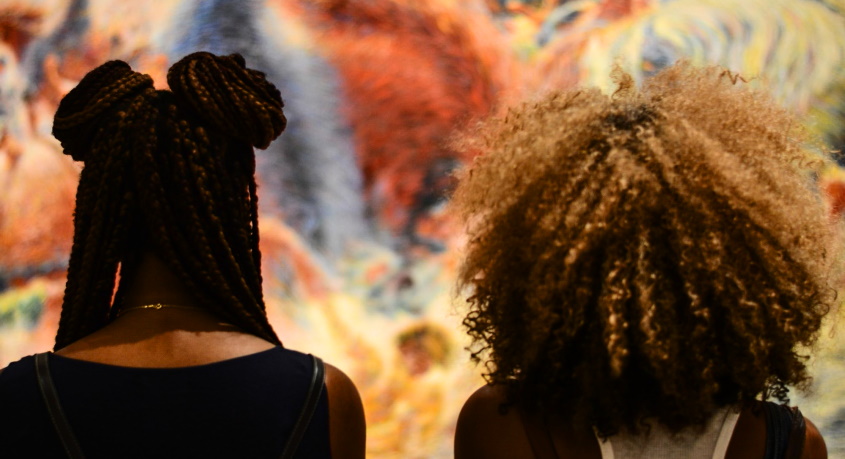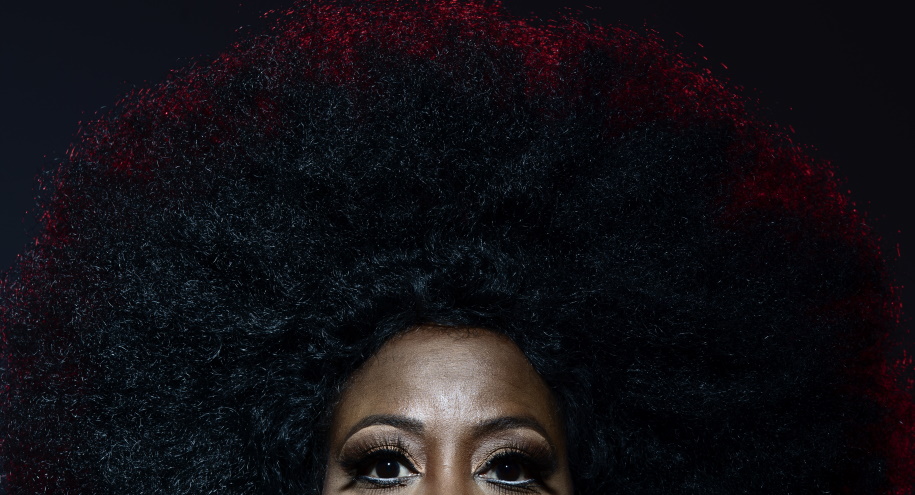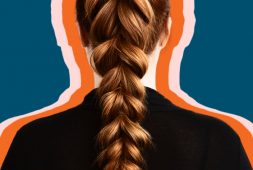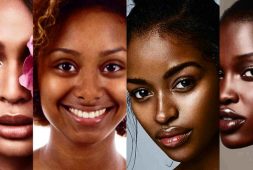
As a black woman with natural hair, I am sure you have heard about the discrimination from having this hairstyle. Unfortunately, as women, we are often told how to wear our hair and what is considered “professional” or not, even if it isn’t against the company’s dress code. This discrimination comes in many forms, including being turned down for jobs or promotions because of one’s natural hair texture or style choice. We will discuss some examples of discrimination based on natural hair texture and suggest how to fight back against these unfair practices.
Women affected by natural-hair discrimination
In America, there is a long history of discrimination against people based on their race and culture. However, there is one aspect of a person that cannot be changed: natural hair texture. According to the United States Census Bureau in 2010, black women make up 13% of the population while white women make up 77%. African American females were roughly 11 million, with 7.4 million being between 18-50 years old. In 2013, it was reported by various sources that wearing natural hairstyles such as afros or dreadlocks could lead to job loss or even incarceration. While these reports are shocking and appalling for many Americans, they also show how much further we have to go before achieving true equality for all races and cultures in our country.

Natural hair has been a topic of discussion for decades. Unfortunately, many women are discriminated against based on their natural hair texture. This can be due to ignorance, personal preference, or even political reasons. The negative stigma associated with natural hair needs to be eliminated to promote equality among all people regardless of skin color and/or ethnic background.
Women are fighting back against hair oppression
In the United States, discrimination based on race is illegal, yet there are still many instances where natural hair texture has been a determining factor in hiring practices. For example, in 2011, Chastity Jones was fired from a temp agency after she refused to cut off her dreadlocks. The temp agency claimed that this was against their grooming policy, but it seems unlikely to fire someone for braids or straightening their hair as these styles do not seem to be more “extreme” than dreadlocks. This highlights that even though all races have been discriminated against at one point or another, people of color continue to face discrimination because of unique physical features, including skin tone and hair texture like afros and dreadlocks, which can lead them to be passed overhired.

In a society where natural hair is slowly becoming more accepted, it can still be difficult to find products and styles that work for you. Many women with curly or kinky hair struggle to find products that make their hair easier to manage without causing damage. Sometimes finding the right product means going through many different brands before finding one that works for your texture. Additionally, as women of color, we often have limited options in terms of hairstyles because there are not enough stylists who know how to handle our natural textures. This can lead us into a cycle of damaging our hair, trying to get it straightened only to wear those styles for a short period and then have damaged natural again after removing the straightened style.




